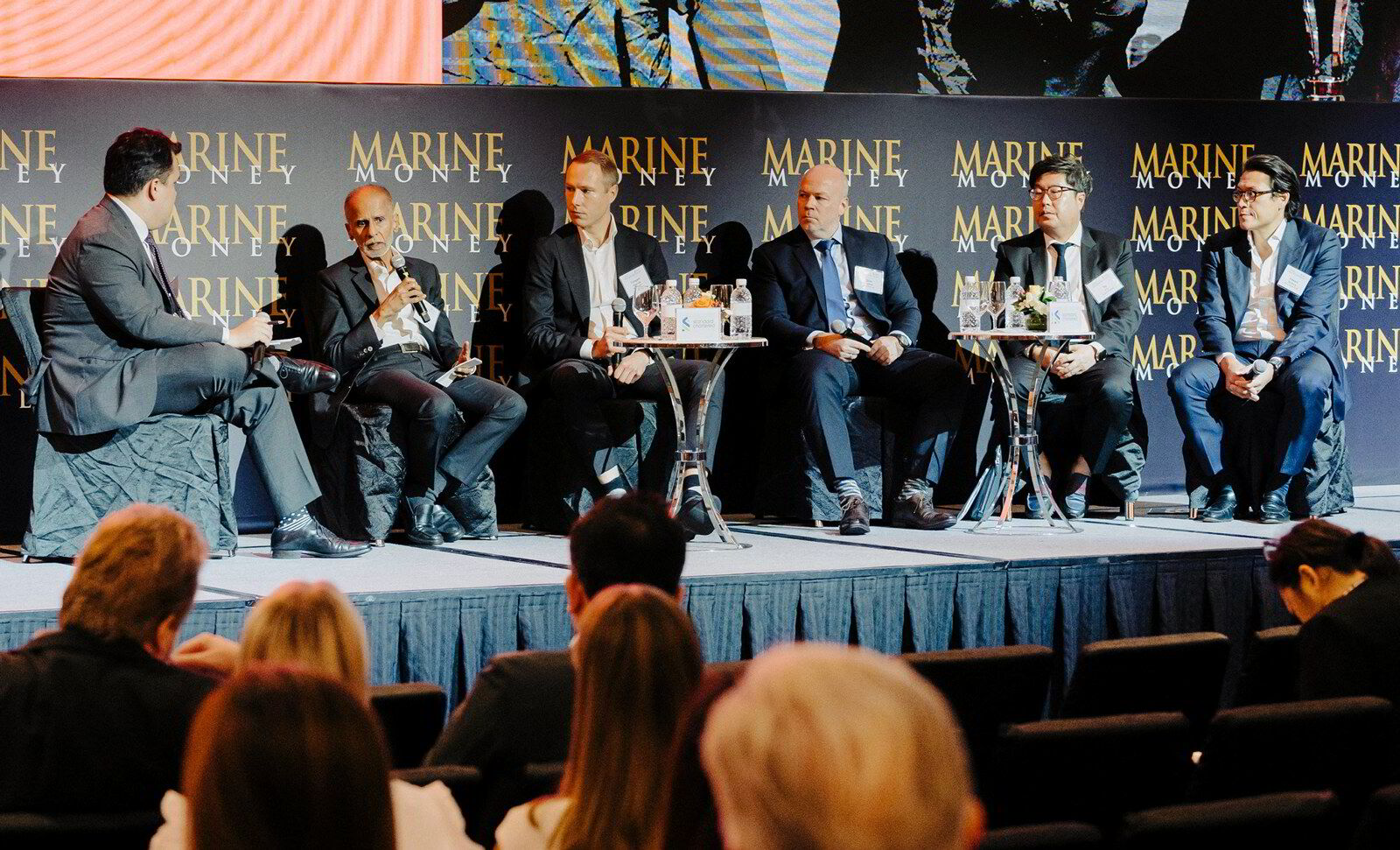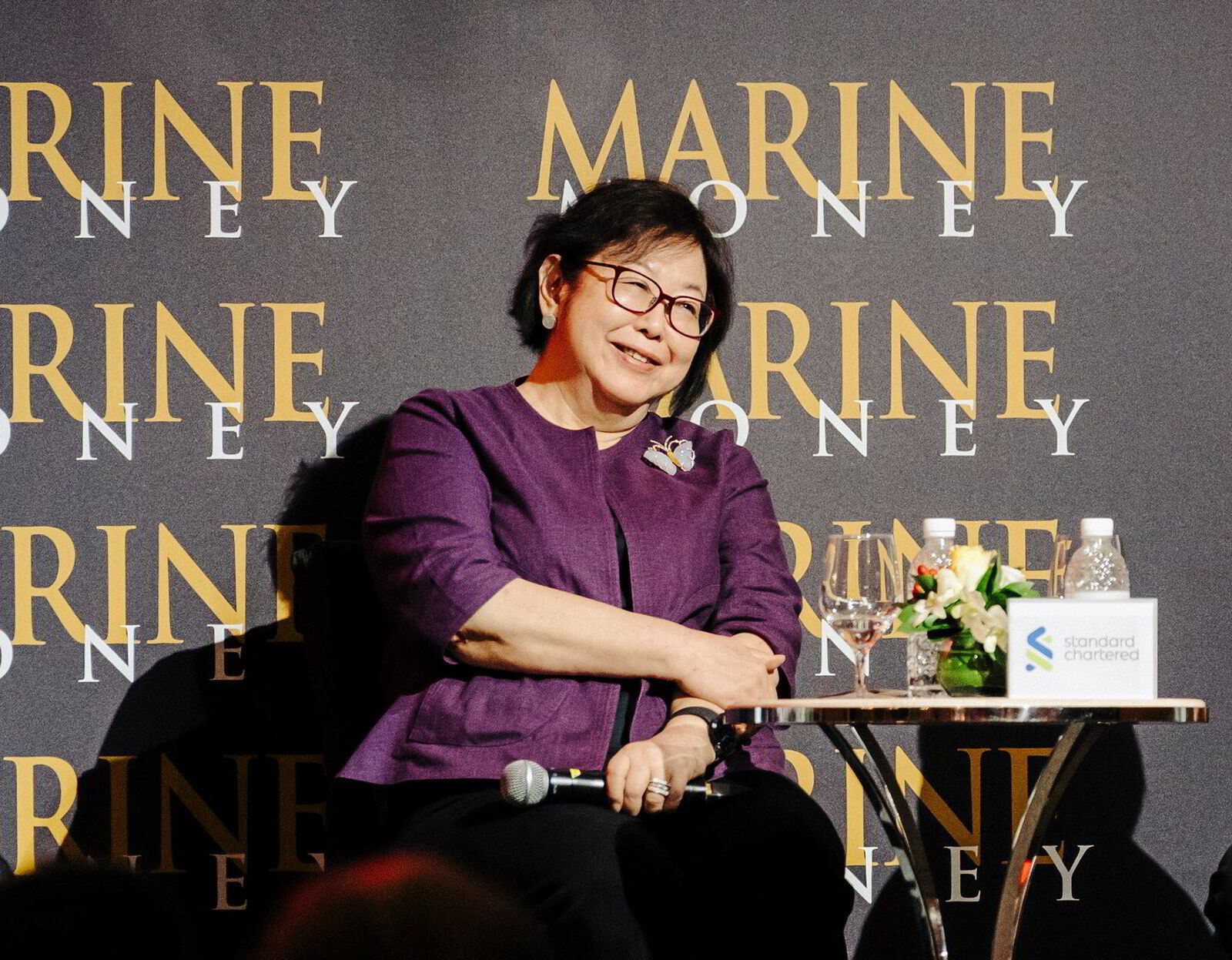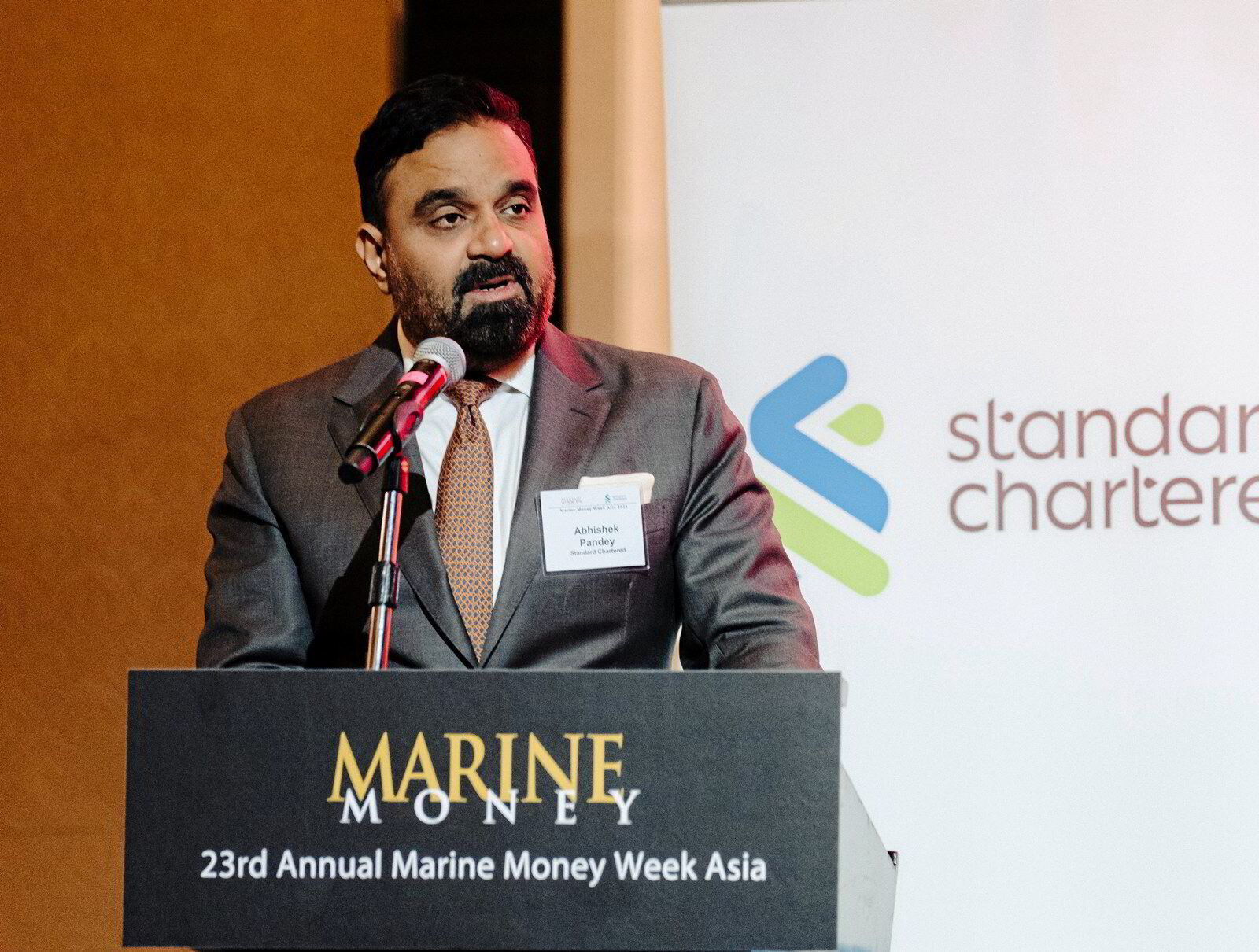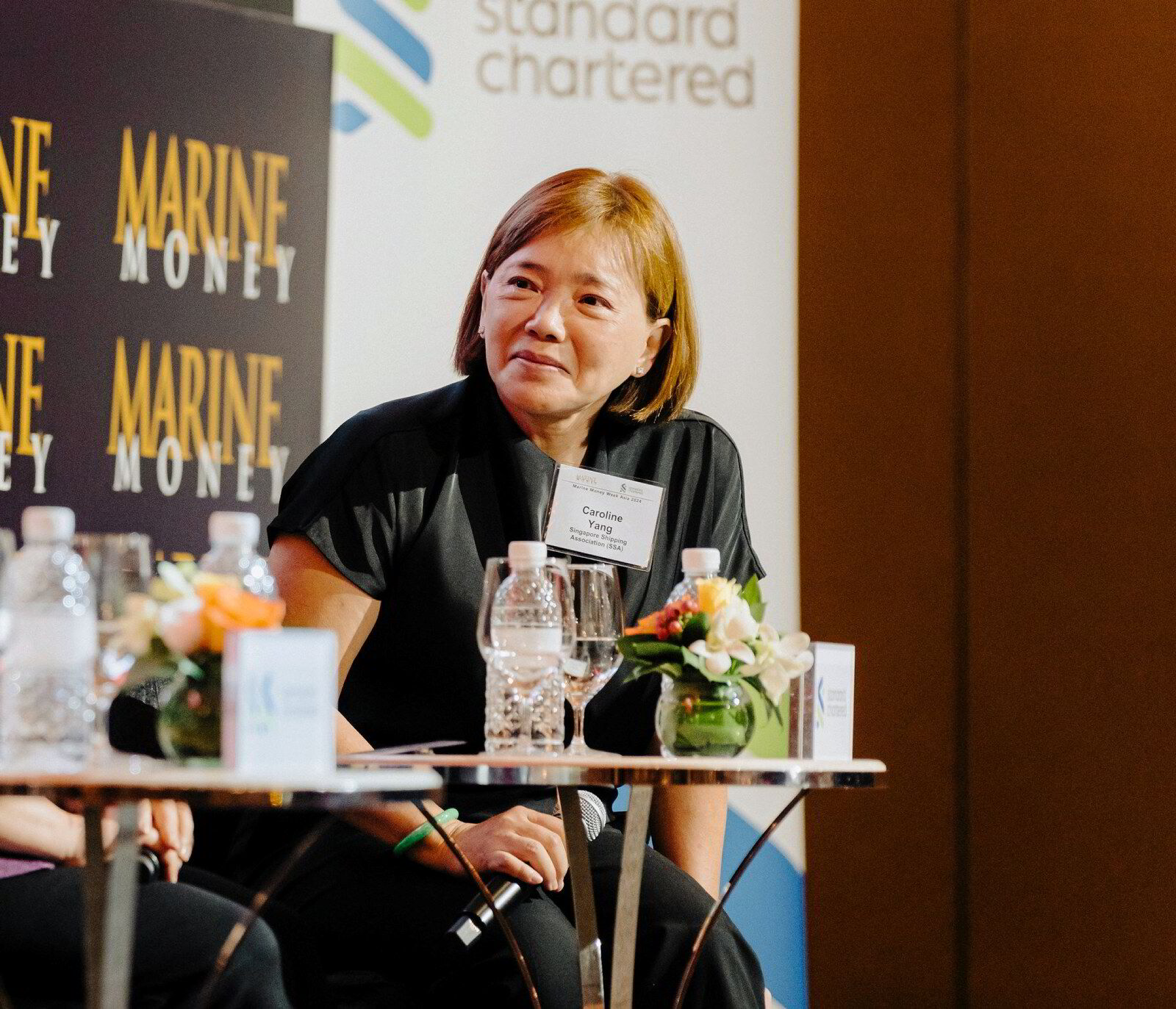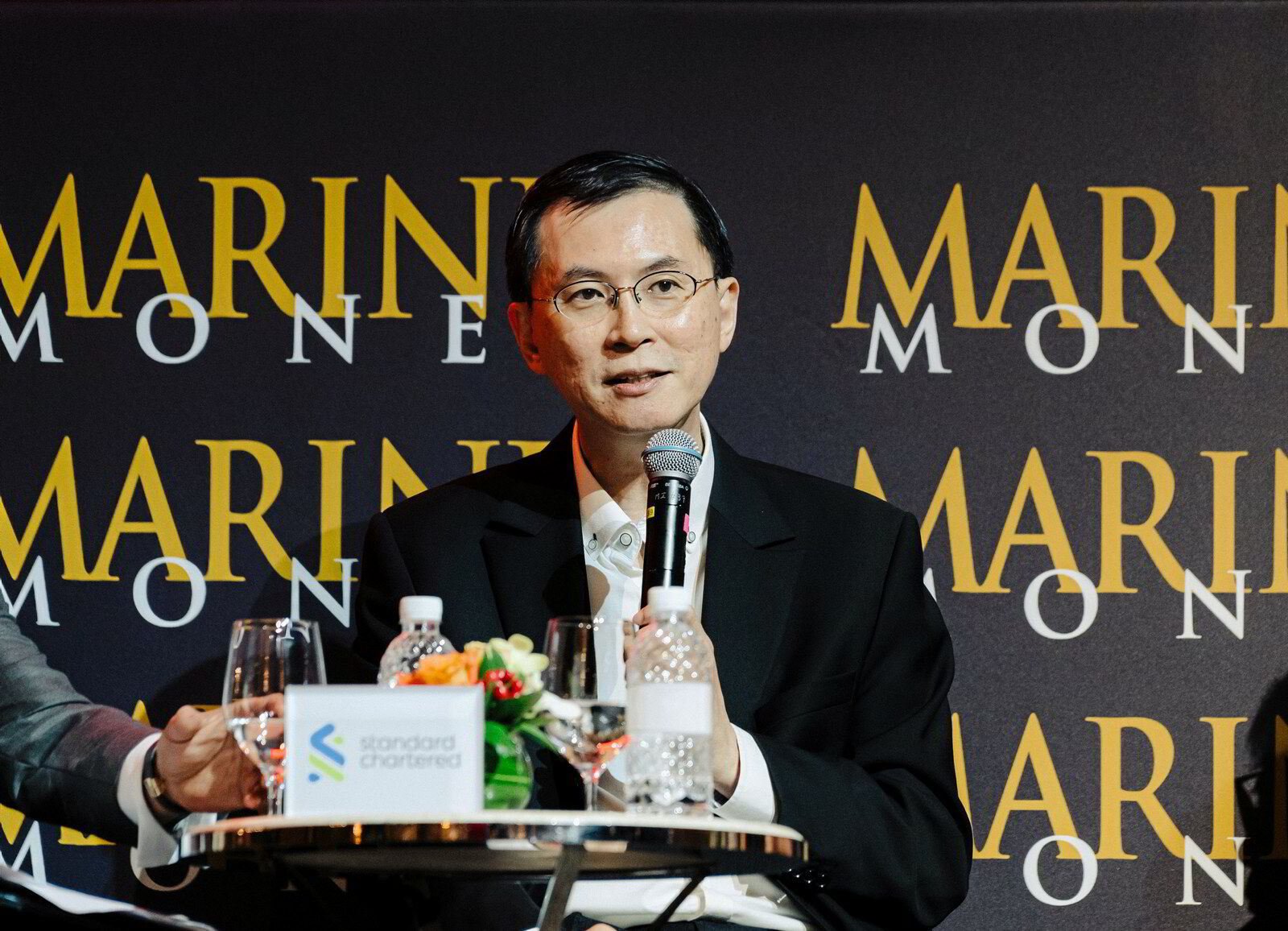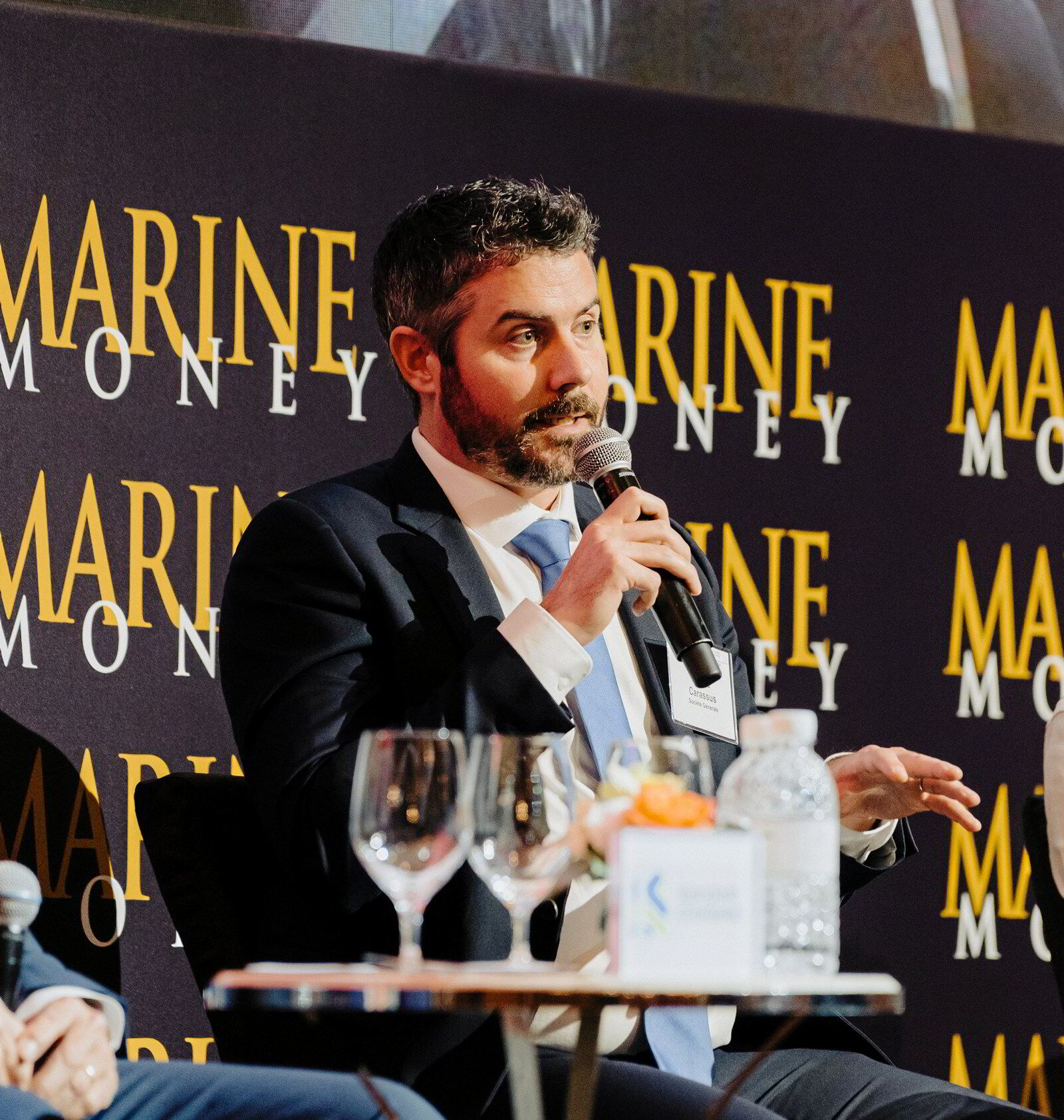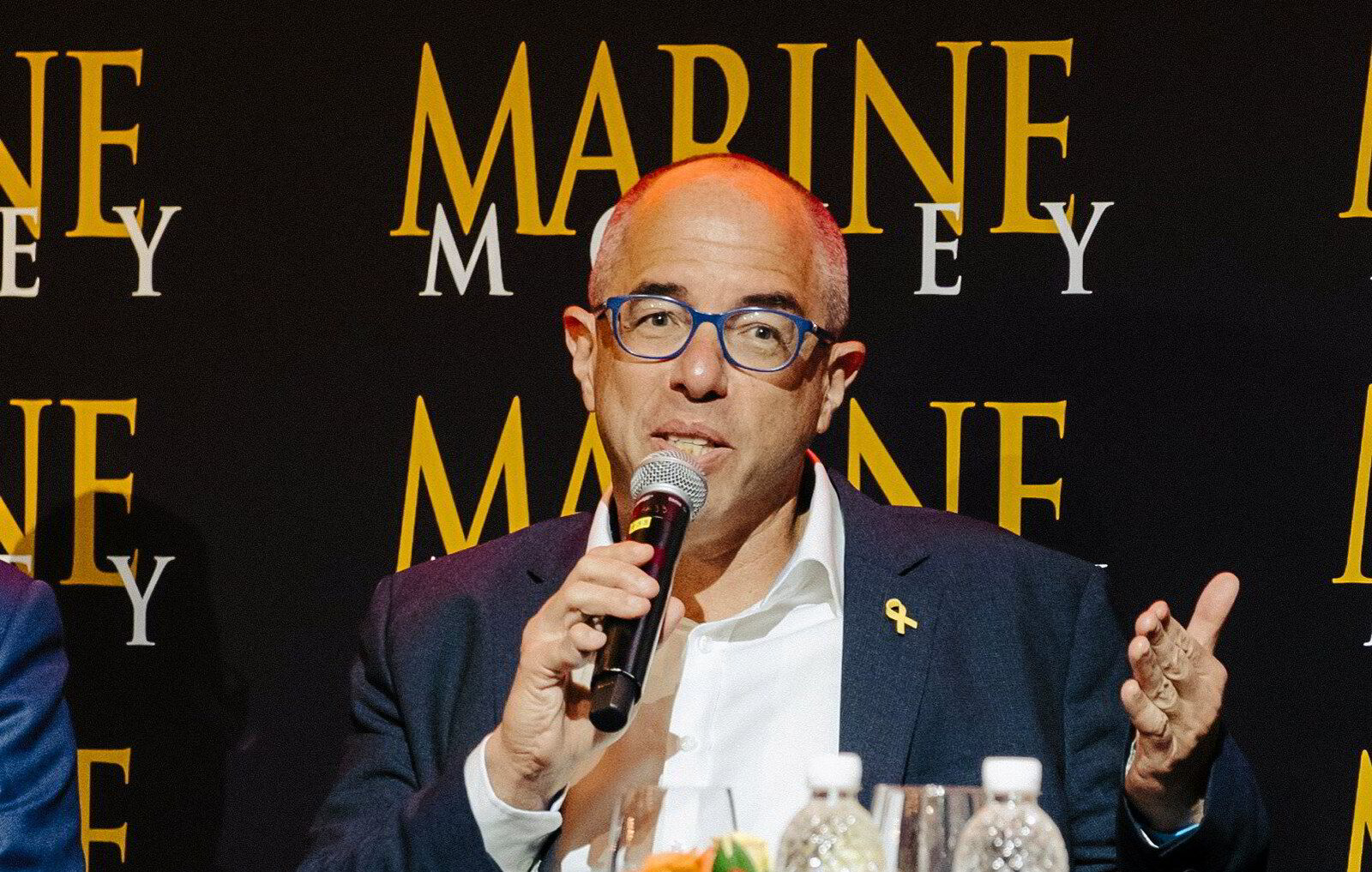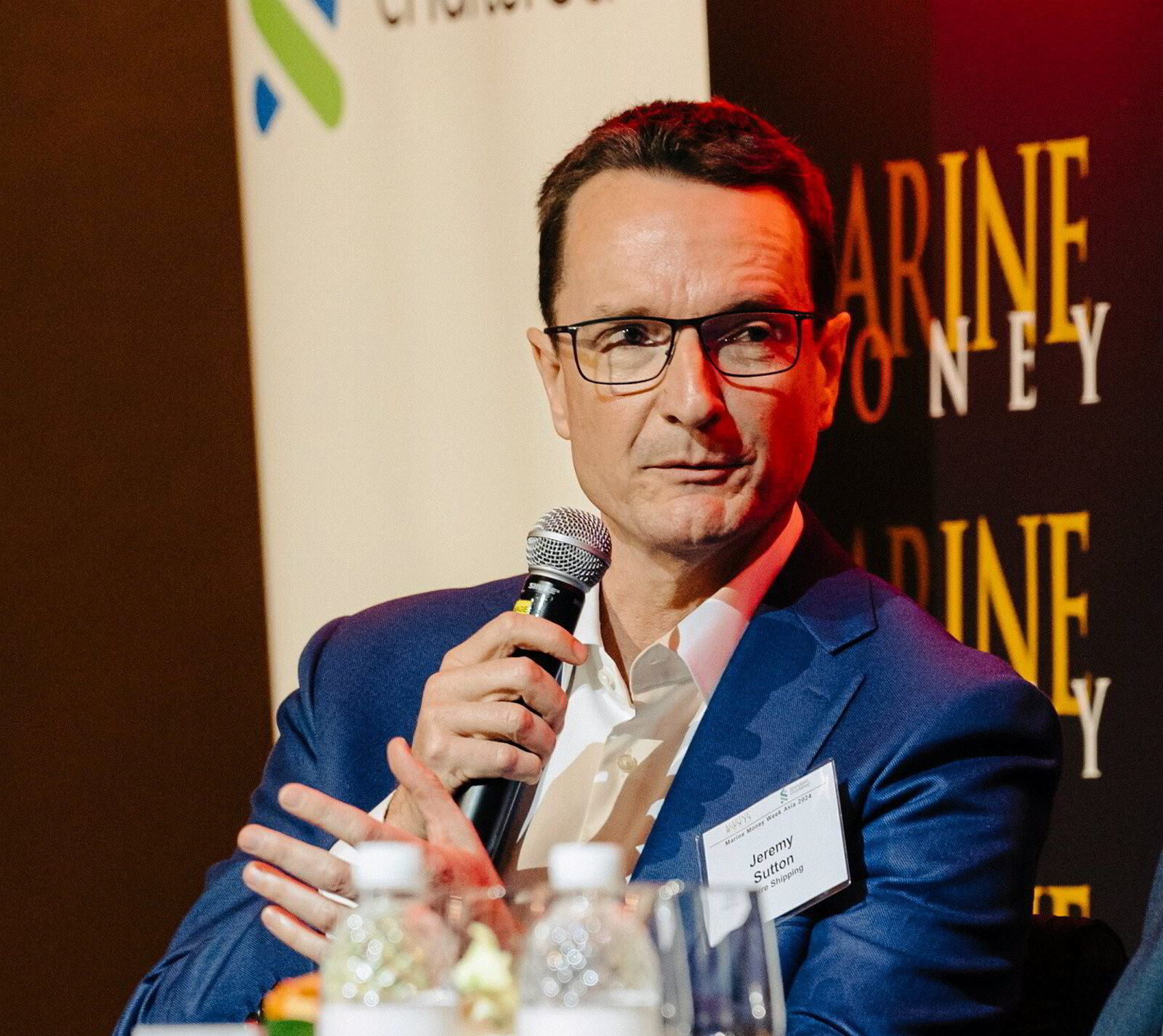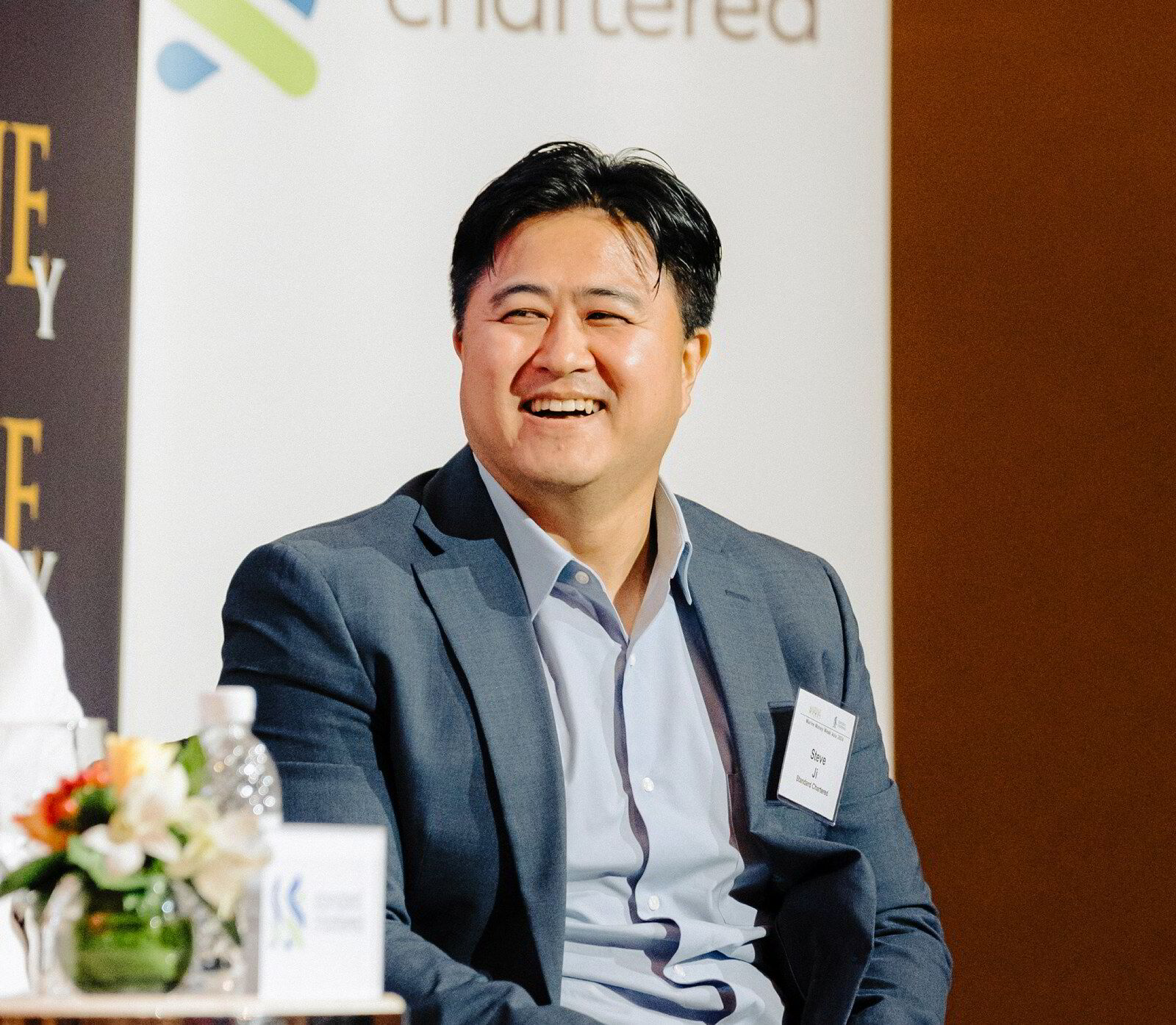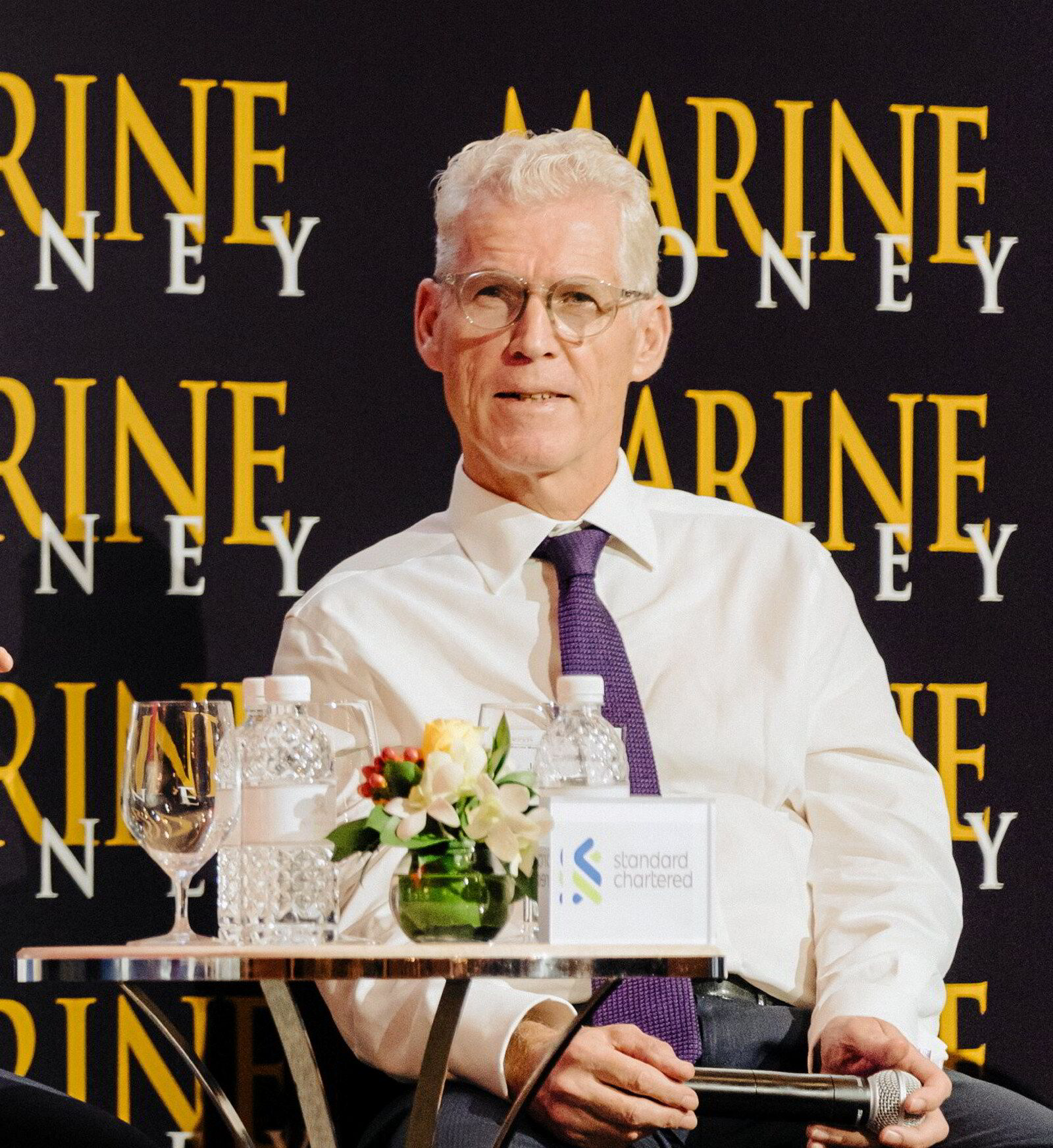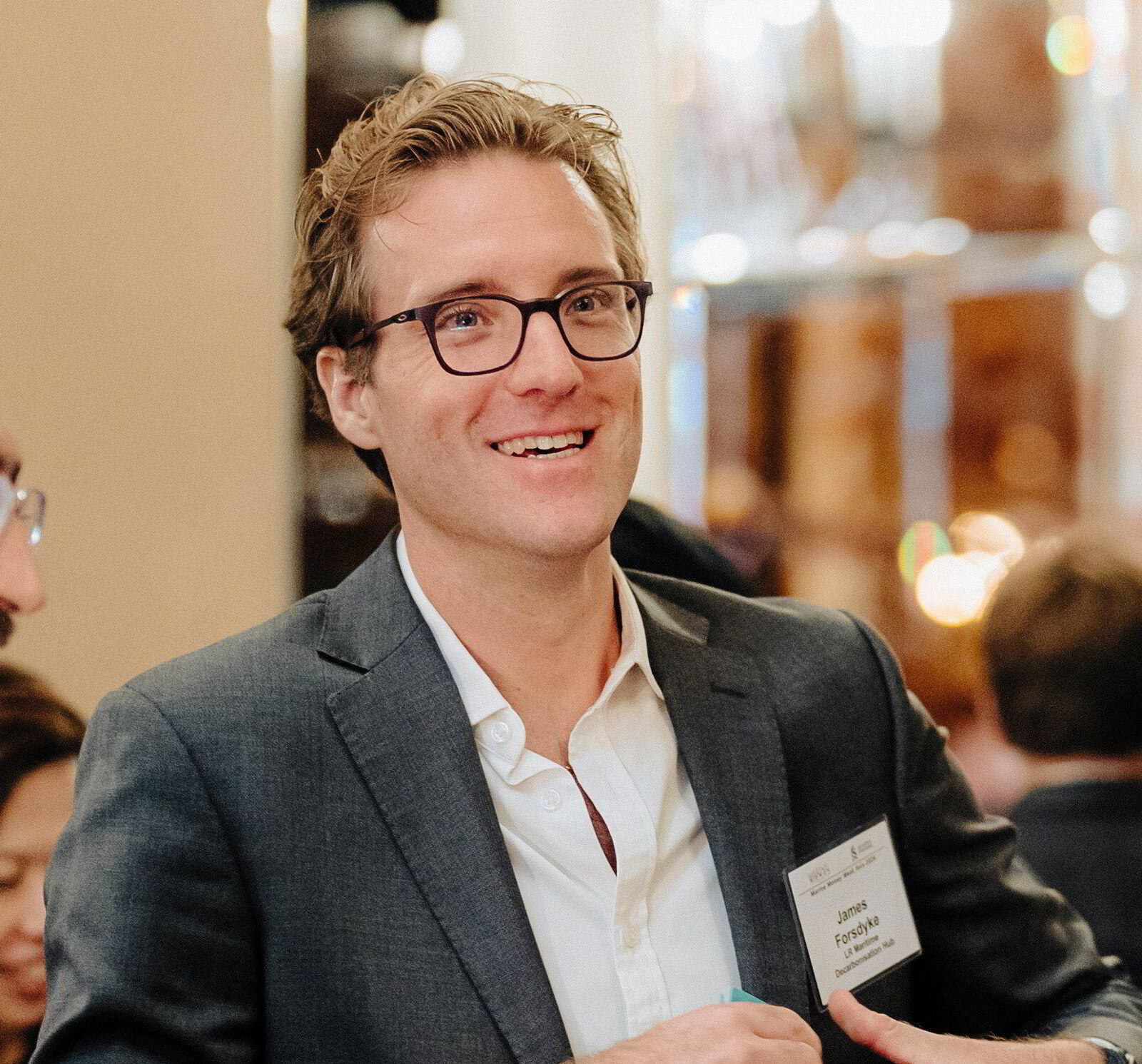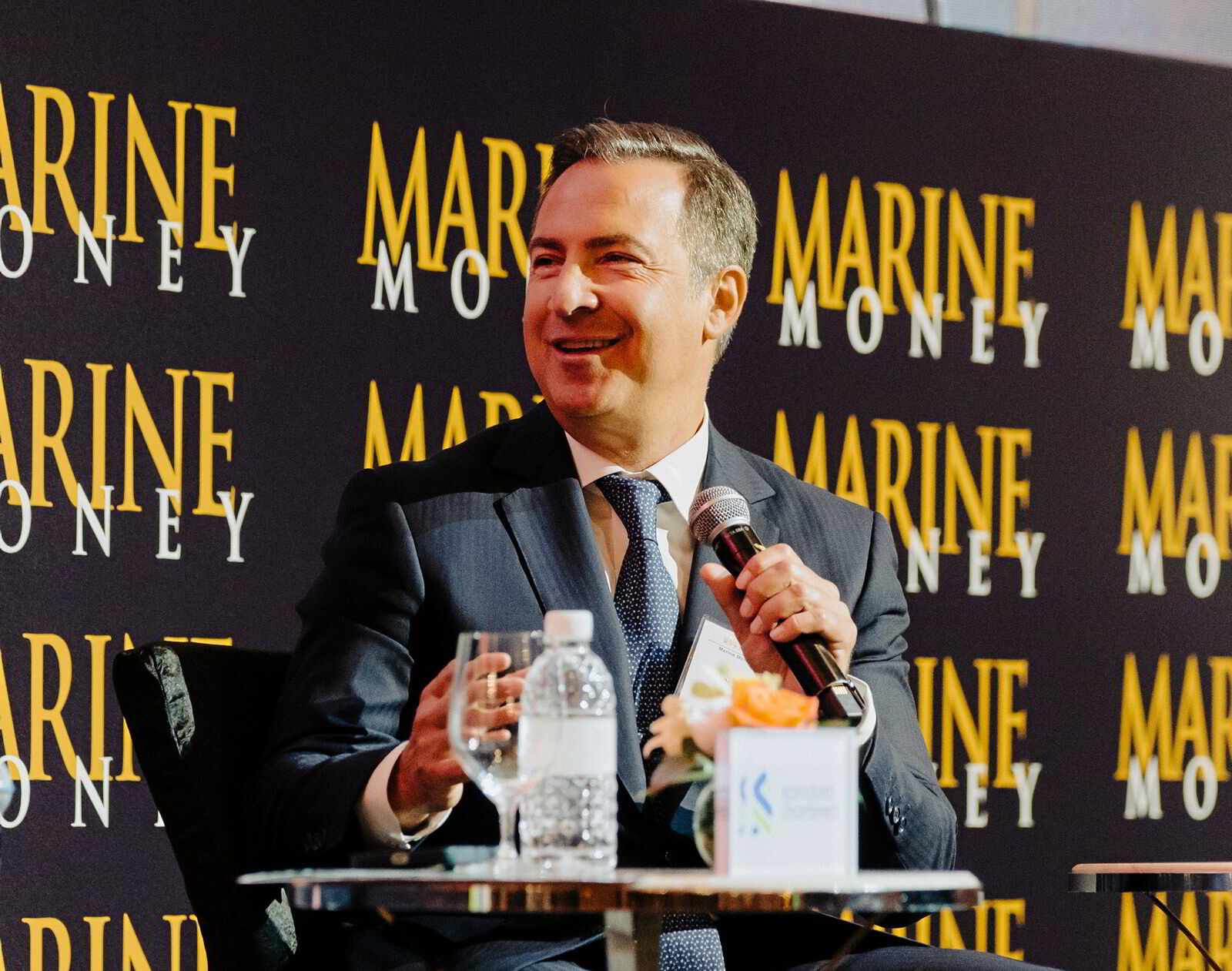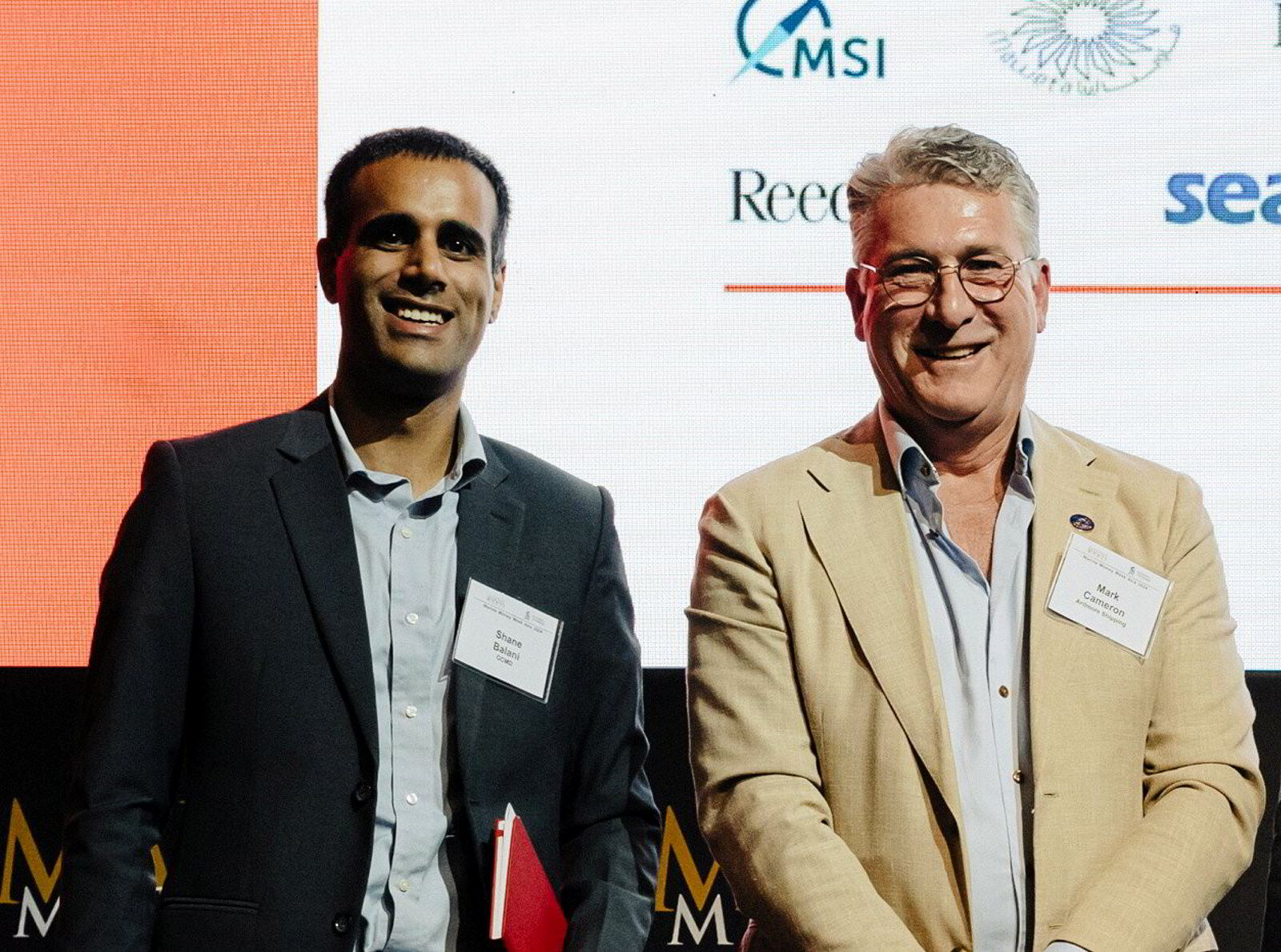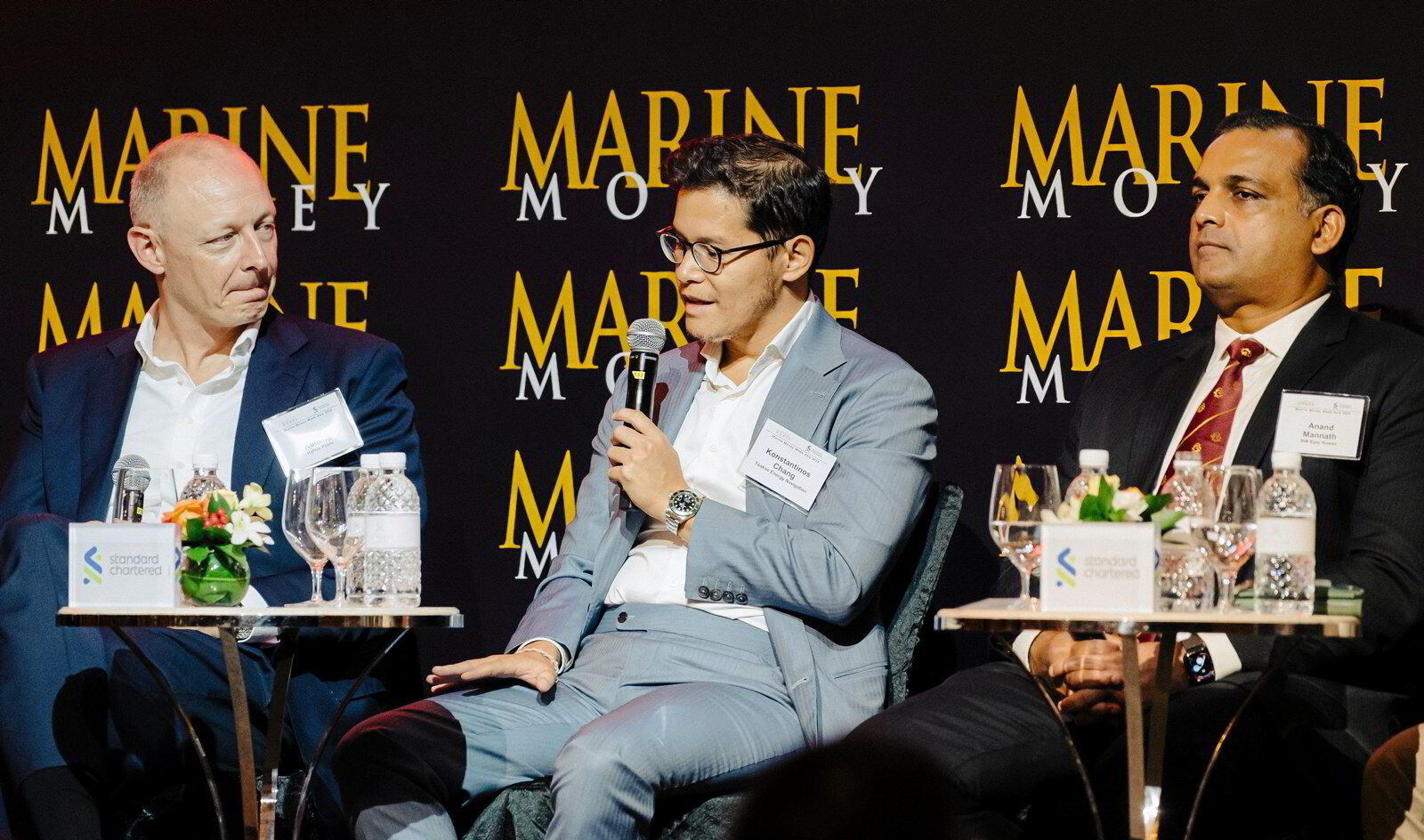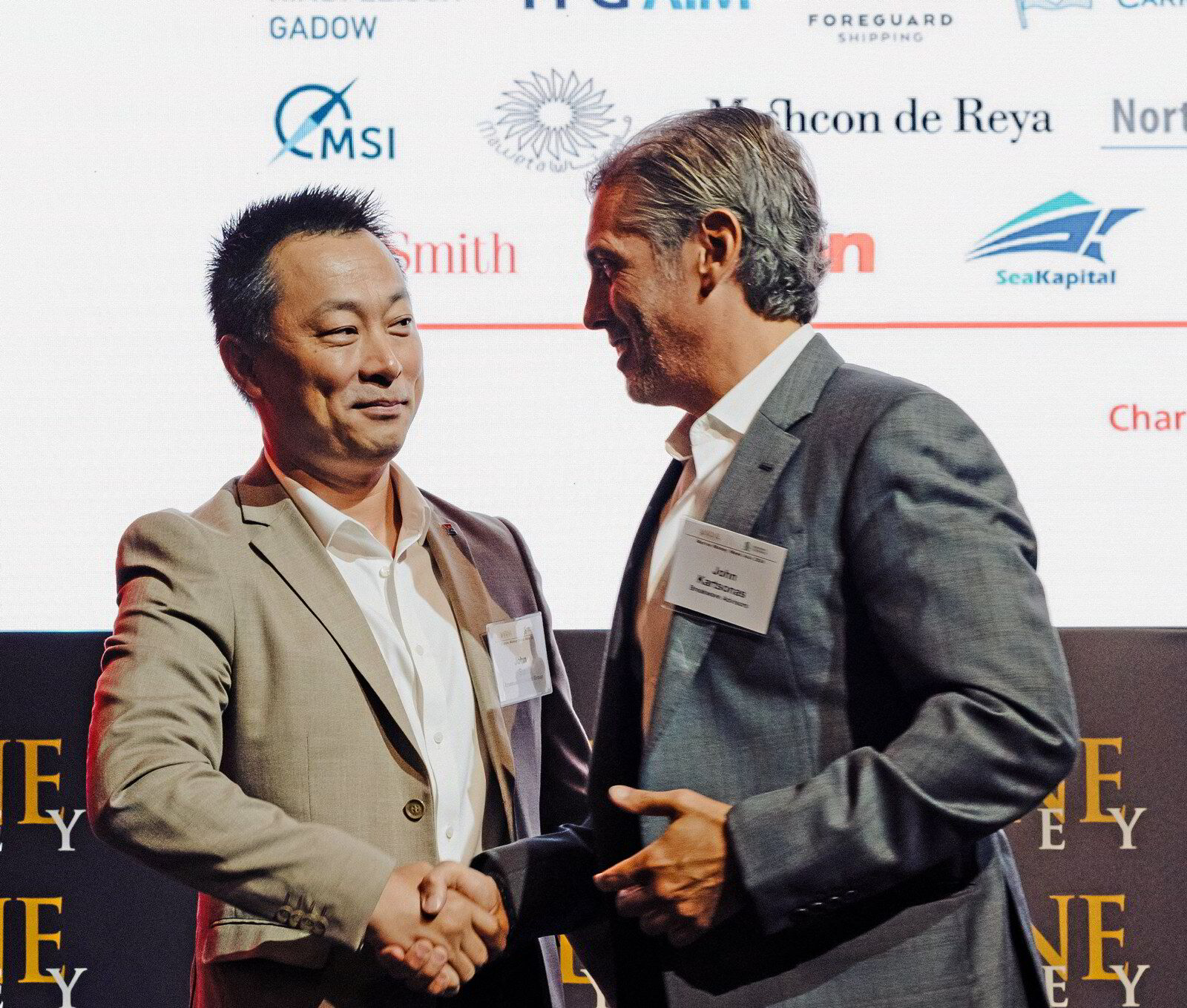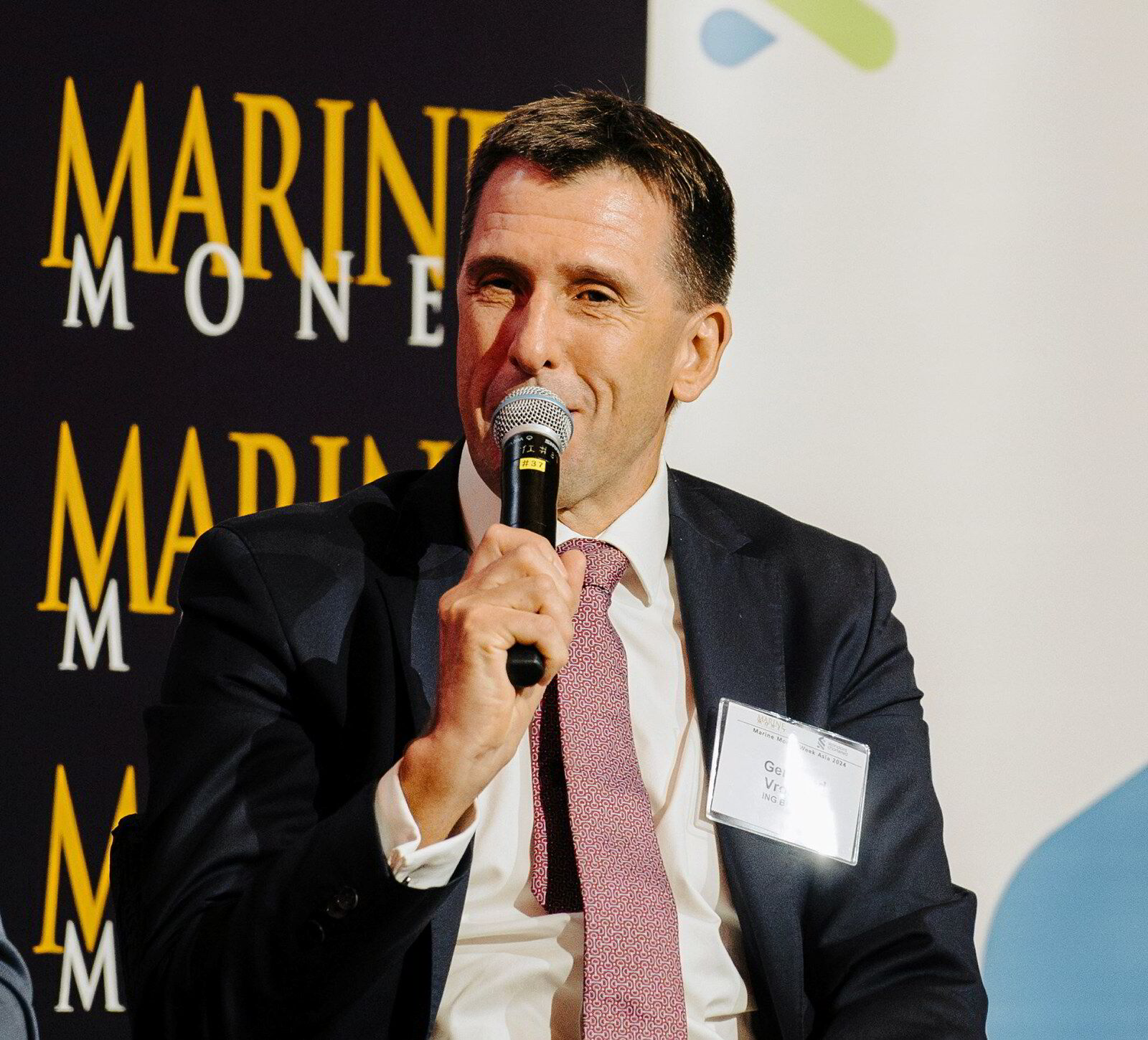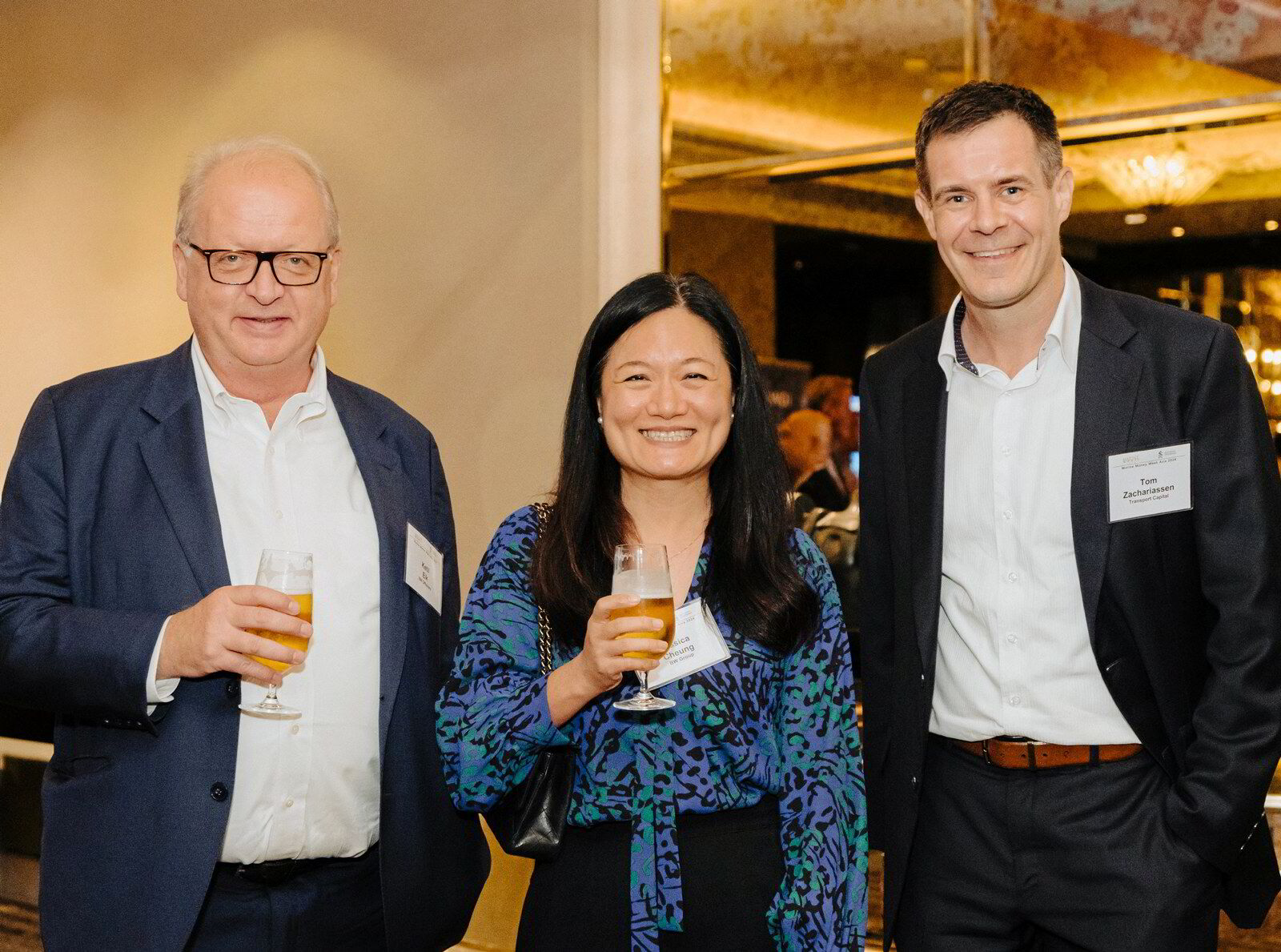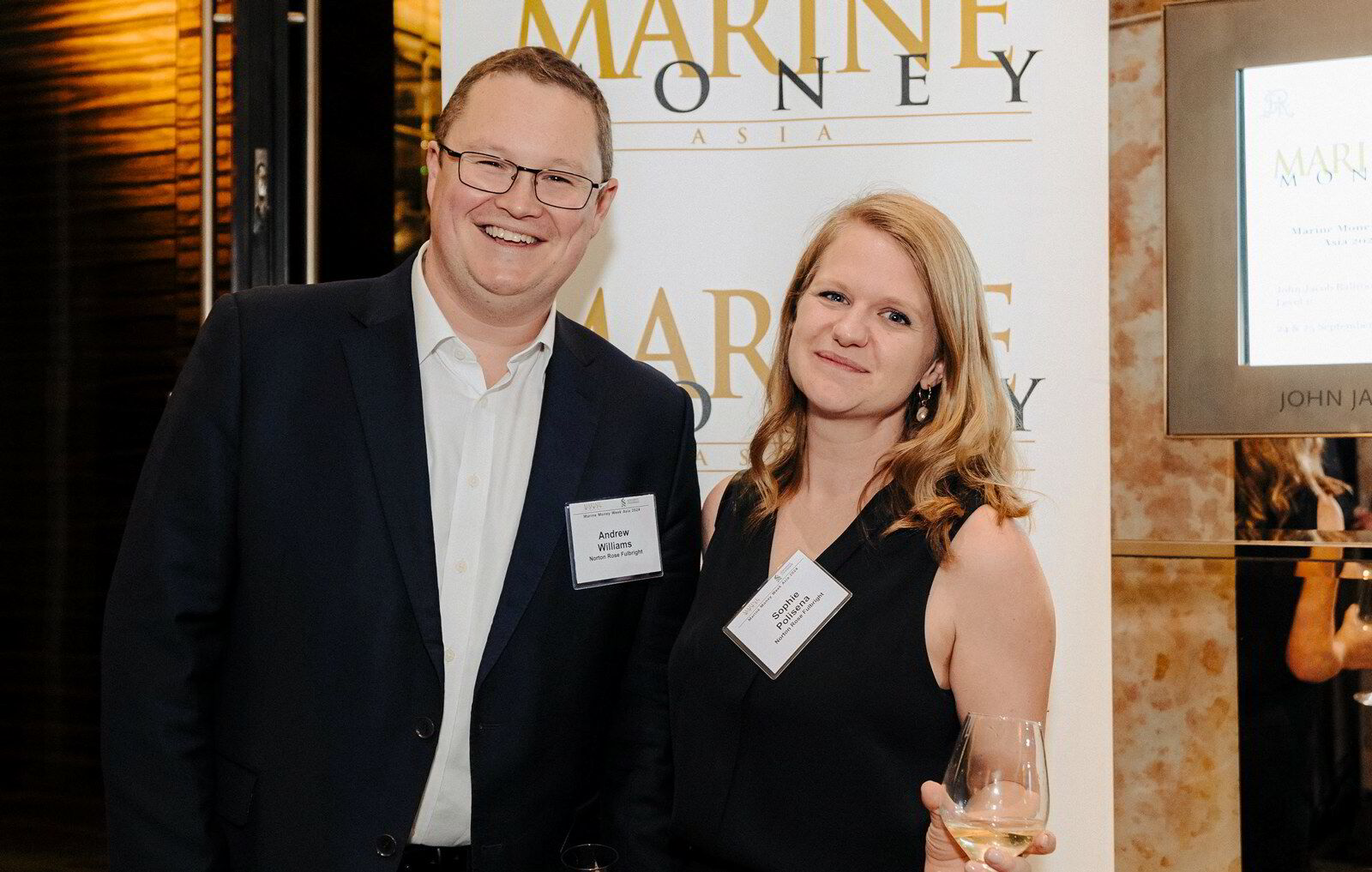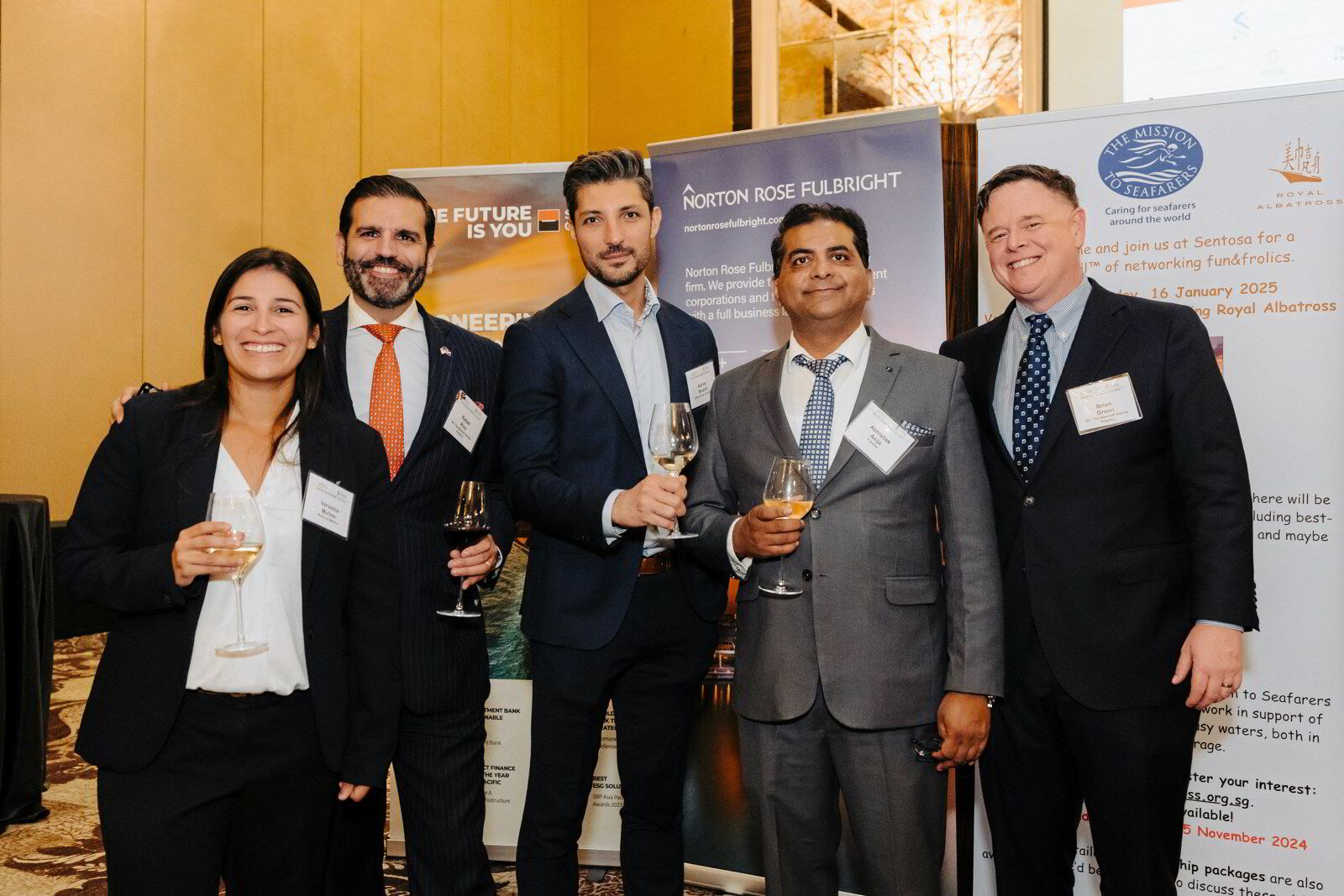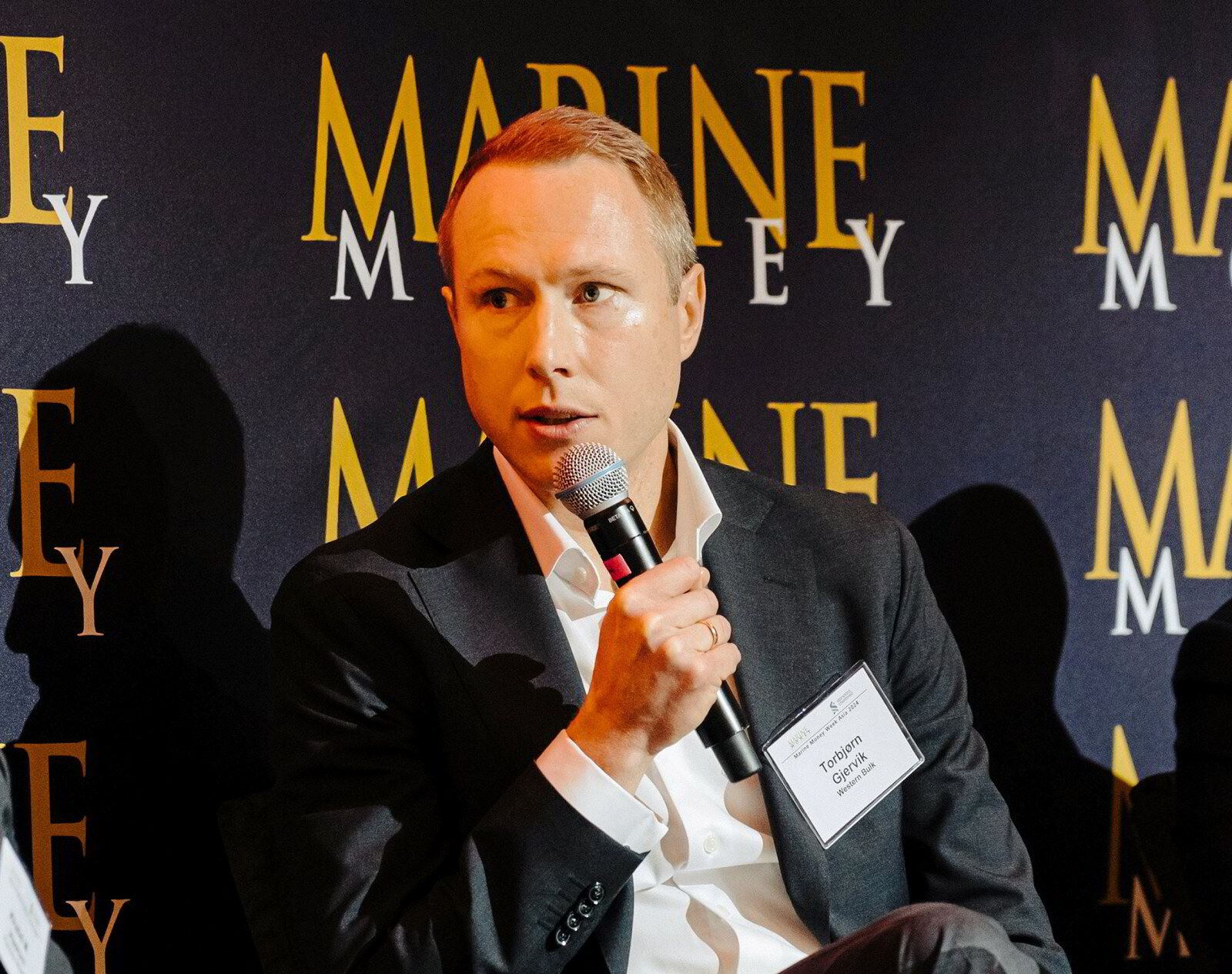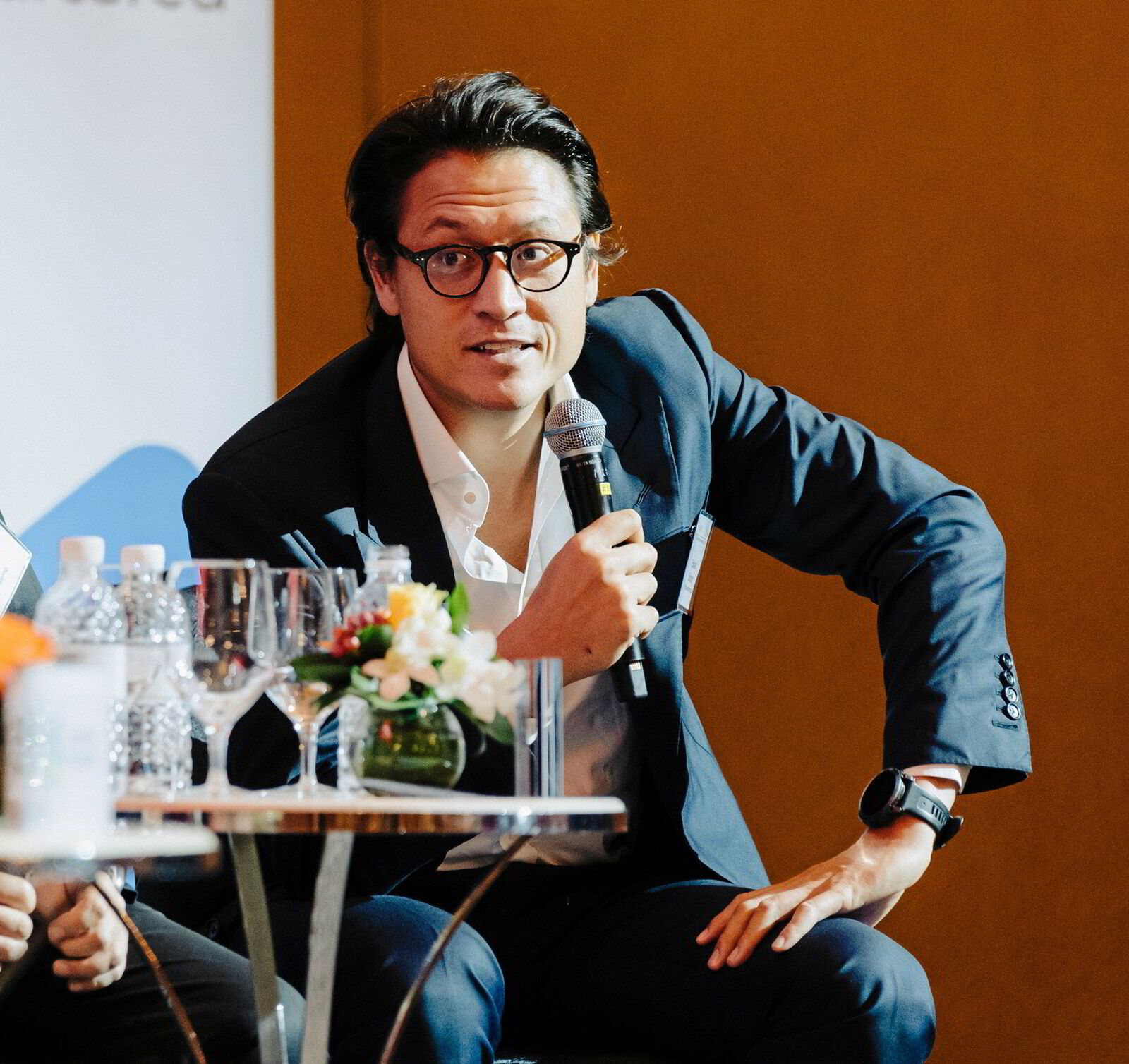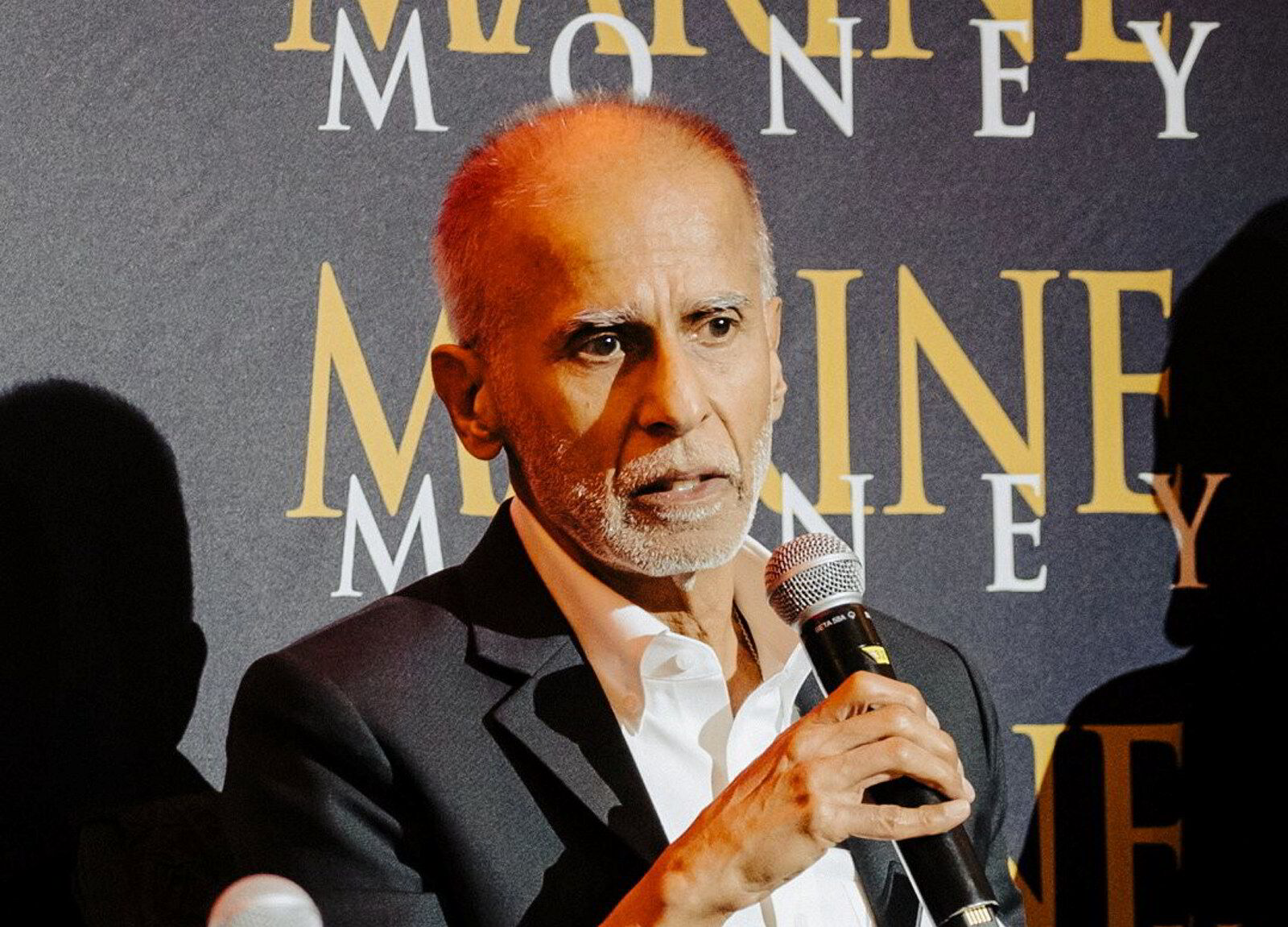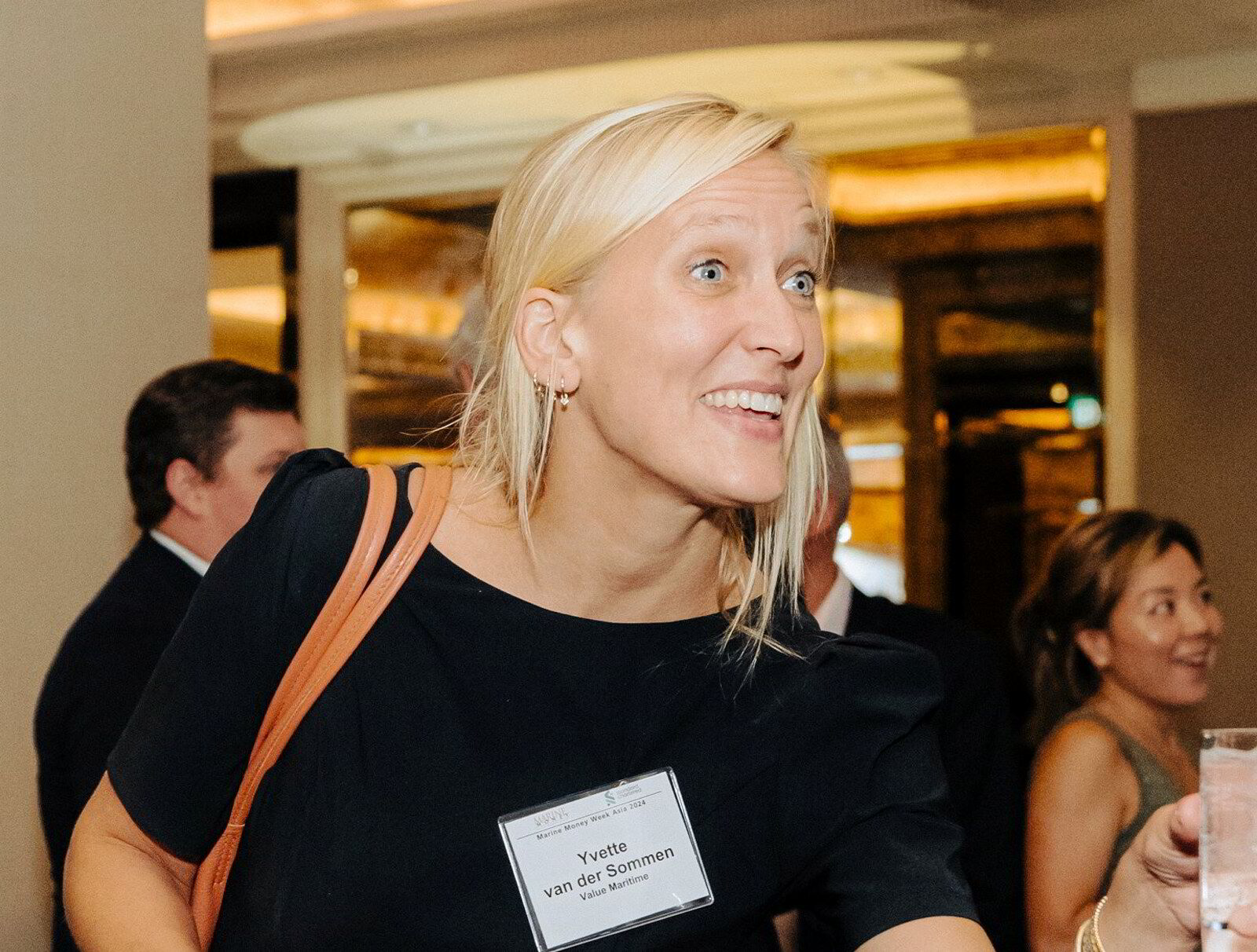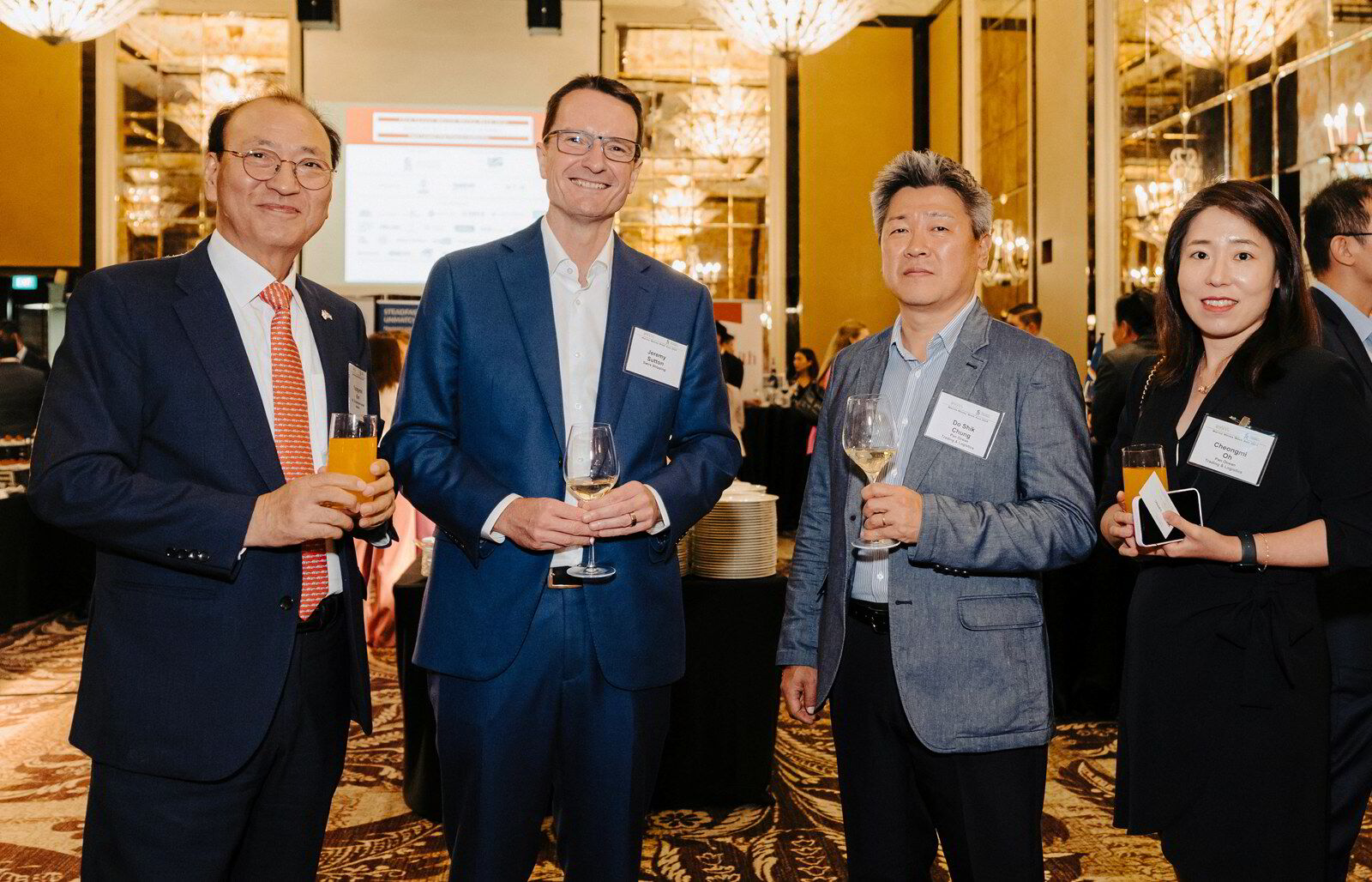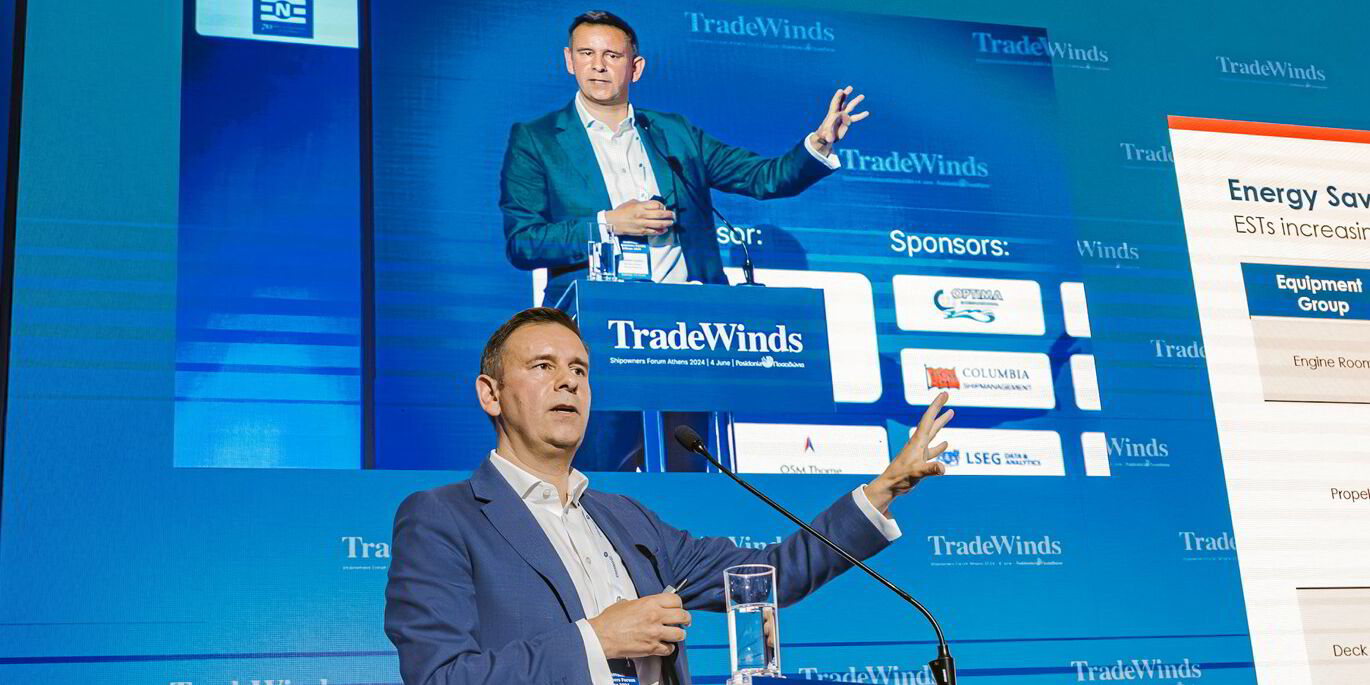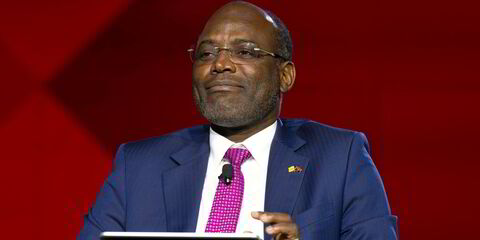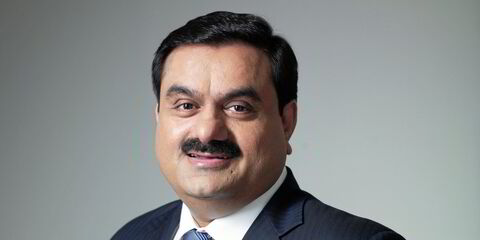Shipping always thrives on geopolitical disruptions, and 2024’s many spats such as the Red Sea crisis have proven that to be the case yet again.
That was the overwhelming opinion of the many panellists at Marine Money’s Asia conference in Singapore last week, although they expressed concerns about the industry’s green transition, especially when it comes to which ships to build next.
The ship finance conference brought together over 400 speakers and delegates from over 32 countries for two days.
This year’s theme “Navigating a strong market” featured numerous panel discussions, one of which focused on investing in tankers and gas ships and how owners are taking advantage of today’s market and preparing for the future in the year ahead.
One of the key points raised regarding fleet renewal was the low levels of demolition and newbuildings, specifically in the tanker sector.
John Kartsonas, managing partner at Breakwave Advisors, said that with the existing macro picture, the industry is currently not in an ideal environment to build new ships that will not be obsolete within 20 years.
This is because of uncertainty over alternative fuel availability in the future.
Konstantinos Chang, head of chartering in Singapore for Tsakos Energy Navigation, said the uncertainty surrounding future engine availability is a significant deterrent.
Anand Mannath, global head of operations at BW Epic Kosan, added: “There is no clarity on what is available.”
“Firstly there is not enough alternate fuel available to replace our present consumption. So that itself makes the decision difficult. And then if you consider, we don’t have ammonia engines, biofuels are limited, carbon capture is kind of picking up in technology but where do you discharge this? So I think the regulations are coming but I don’t think we have clear options,” said Mannath.
John Su, president and chief executive of Erasmus Shipinvest Group, said that it almost feels like the industry is at a “historical crossroads” and also noted that with smaller ships, the impact of alternative fuels and future regulations would be lesser.
Looking ahead, the panel concurred that innovation is key to advancing amid the uncertainty surrounding alternative fuels.
Peter Kolding, vice president of commercial and pool management at Hafnia Pools, said, “Well, I think we would be quite happy if no one ordered further ships. But that’s probably not a sustainable thing for our energy transportation needs.
“But, on these alternative fuel transportation needs, it’s such an immature market that I think for the foreseeable future it will be custom-built, tailor-made ships for individual requirements.”
